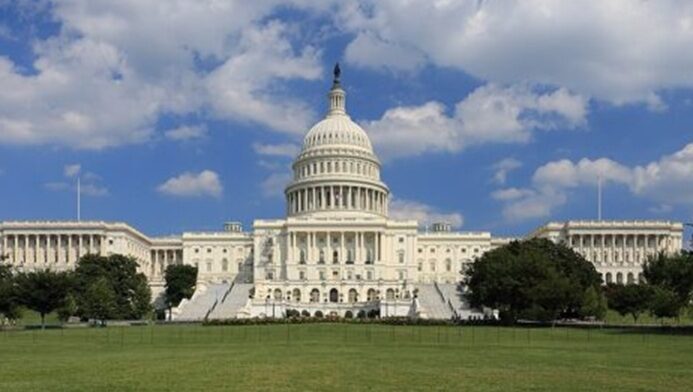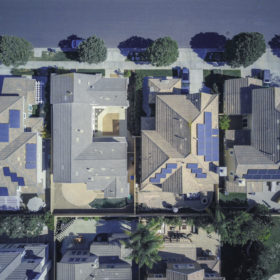Solar energy is expected to be widely adopted in the Caribbean, since 90 percent of the regional energy is based on imported diesel. Within the region, Aruba has committed to 100 percent renewable energy sources by 2020 and Barbados — which recently ordered a 10 MW PV plant — has vowed to reach 29 percent by 2030. And a recent report from a report released by the International Renewable Energy Agency (IRENA), indicated that Antigua could source 75 percent of its energy needs from renewables.
“The customer chose the GameChange Solar Pour-in-Place Ballasted Ground System for its quality and easy constructability,” says Lizzy Aldridge, Director of Business Development at GameChange Solar. “By simply placing forms, installing racks, and pouring readily available ready-mix concrete into the forms, the system can be rapidly completed without any specialized equipment required. This makes the system ideal for remote areas,” she adds.
Clearing regulatory hurdles and utility red tape for PV development is a major issue in many Caribbean markets. Among the Caribbean nations most progressive about attracting solar with new policy include Dominica, Jamaica — which recently announced a 37 MW PV plant — and St. Vincent and the Grenadines, according to the Caribbean Community (Caricom).
The Jamaica project was the first PV plant to win financing under Obama’s Clean Energy Finance Facility for the Caribbean and Central America, launched in April, 2015.
Financing has not been easy for PV in the Caribbean. Irwin LaRocque, the Secretary-General of Caricom, said in October after a Hurricane Matthew recovery summit that, “The government of Germany has been particularly helpful in this approach that has provided CARICOM Member States with joint regional targets and a coherent strategy for transitioning to sustainable energy systems.”
LaRocque also said, “efforts to enhance institutional capacity to support CARICOM Member States in reaching regional targets have also been supported by the United Nations Industrial Development Organization (UNIDO) and the Sustainable Island Energy and Climate Initiative (SIDS DOCK) towards the establishment of the Caribbean Centre for Renewable Energy and Energy Efficiency (CCREEE), in Barbados.”
“Technical and financial contributions, particularly from the Government of Austria and other key partners, have been forthcoming for this initiative which will, among other things, co-ordinate donor activities and act as the regional implementation hub for sustainable energy issues and activities in CARICOM, including project implementation, investment and business promotion,” LaRocque also said.
“The EU is providing 135 million Euros for the Caribbean Investment Facility which encourages private sector involvement in renewable energy projects,” LaRoque noted. “And the Caribbean Development Bank (CDB) has been a key source of funds. A recent initiative is a partnership with the CARICOM Secretariat, the Inter-American Development Bank (IDB), the United States Department of Energy and the CDB, through a Memorandum of Understanding that creates a framework for cooperation in the sector. Those partners are expected to work together to identify financing and investment opportunities for pilot and commercial scale projects,” he said.
This content is protected by copyright and may not be reused. If you want to cooperate with us and would like to reuse some of our content, please contact: editors@pv-magazine.com.









By submitting this form you agree to pv magazine using your data for the purposes of publishing your comment.
Your personal data will only be disclosed or otherwise transmitted to third parties for the purposes of spam filtering or if this is necessary for technical maintenance of the website. Any other transfer to third parties will not take place unless this is justified on the basis of applicable data protection regulations or if pv magazine is legally obliged to do so.
You may revoke this consent at any time with effect for the future, in which case your personal data will be deleted immediately. Otherwise, your data will be deleted if pv magazine has processed your request or the purpose of data storage is fulfilled.
Further information on data privacy can be found in our Data Protection Policy.